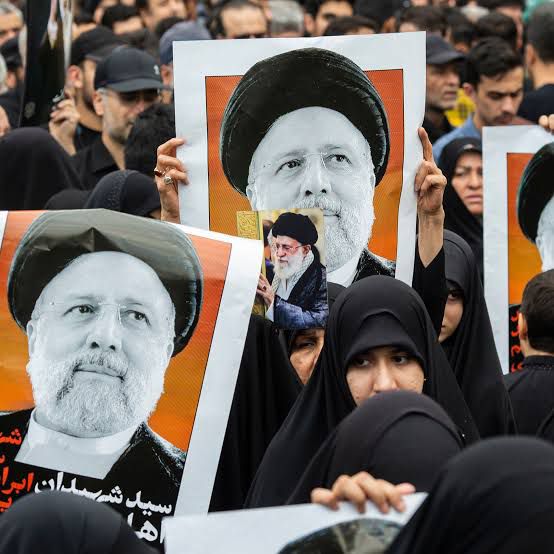
DEATH OF IRANIAN PRESIDENT EBRAHIM RAISI: DOES IT CHANGE ANY DYNAMICS?
 Thu, 23 May 2024
| Reading Time: 5 minutes
Thu, 23 May 2024
| Reading Time: 5 minutes

For many it was surprising to see the amount of interest in the Indian media on the unfortunate passing of President Raisi of Iran along with his Foreign Minister, Hossein Amir-Abdollahian, in a helicopter crash while returning from an inauguration ceremony of a cooperative dam constructed jointly with Azerbaijan near the northern border. It is many times forgotten that India and Iran enjoy what is often projected as a civilisational relationship.
Although Supreme Leader Ali Khameini mourned the loss of Iran’s political leadership, his emotions somehow did not flow enough to be recognised, as they did at the funeral of IRGC Commander Qassem Soleimani, almost five years ago. His funeral speech for Raisi was reported as bland and short of emotivism in a country where death and especially sacrifice in the line of pursuit of duties places a leader on a pedestal. Raisi had been approved by the 12 member Guardian Council which oversees the election of the President. As per Iran’s constitution an election to bring a new leader as President will be a necessity within 50 days. Raisi’s candidature three years ago had been approved for the Presidential election by the Supreme Leader. Circumstances seemed to have changed since then (2021). Interestingly, there is much speculation in Western media that Supreme Leader Ali Khameini who has been in power, as the one and all, since 1989 is now suffering from prostate cancer. At the age of 85 he may not be expected to live very long and has also been extremely keen to settle the succession issue for his all-dominating post. Apparently, he is keen that his second son Mojtaba, a cleric at Qom, be his successor. Another potential candidate for the pre-eminent post of the Supreme Leader was none other than Ebrahim Raisi, the now late President for whom Ali Khameini did not shed tears the way expected, for a President who had been approved by him. As per Western media the conflict of interest could have triggered something to get Raisi out of the way. This narrative may also be read from a perception that no stone will be left unturned by the Western powers to create dissension and internal turmoil in Iran to weaken the clergy led regime. Although insinuations are being quietly made about possible assassination, there are no credible explanations and narratives; those that exist, are essentially speculative.
A lot will depend on who finally comes to power in the seat of both the Supreme Leader and the President. There is growing pressure from different quarters. The Iranian Revolutionary Guard Corps (IRGC), which also controls the Quds Force (the expeditionary arm of the IRGC) and remains responsible for the war by proxy against a host of powers in the region, is the custodian of the security of the Revolution and it could well project its own candidate for the Presidency or even for the post of Supreme Leader. Against that the push back by women’s movements after the ‘death in custody’ of Mahsa Jina Amini, a twenty-two-year-old Kurdish-Iranian woman arrested by the so-called ‘morality police’ for violating mandatory hijab, has all the potential of re-emerging to limelight, sensing a moment which can be seized.
The next 50 days Iran is going to witness a challenge because whatever transpires will have a profound effect on the future of the relationship of Iran with its regional neighbours and much of the world. Ali Khameini has appointed First Vice President Mohammad Mokhber, as the interim President and nuclear negotiator Ali Bagheri as the Foreign Minister. Although it is being assessed that there may be no impact on Iran-Israel relations because it’s the Supreme Leader who deals more with foreign policy and not the President, it is the connected dynamics of aspirations for power amongst diverse organisations and personalities that may well lead to the ratcheting up of the intensity of military engagement against Israel, as also the defiance against the US. Aspiring leaderships and organisations often perceive the kinetic route as the most appropriate to make their statements.
Iran’s strategic significance is enhanced by its passionate support to the Palestinian cause and its criticism of the Arab world for the lip service it has paid to the same. Morally that places it higher on the pedestal against important countries such as Saudi Arabia, UAE and Egypt. Its refusal to bow to the US and deny all cooperation with the superpower, again gives it an ethical high within the Islamic world. A disturbance in its leadership and any degree of uncertainty at its highest decision-making levels will obviously place it at a disadvantage. This is particularly so because the Israel-Hamas war is at a crucial stage and Iran’s direct involvement in an undetermined capacity could make a difference. Hence the need for an early end to uncertainty and return of trust.
There is another angle here as far as India is concerned. Any major development in Iran, the core center of the Persian civilisation, is keenly observed in India by the media and strategic circles, not the least because of the presence of the 25 million strong Shia Muslim population in India. In this particular case a few other issues of interest stand out.
Iran’s strategic community is extremely warm in its relationship with India. However, it has an eternal grouse which it often states very softly, without ever treading on toes. It feels that India often refers to the civilisational relationship the two countries enjoy but fails to convert that to anything above transactional. It nurses a complaint that India does not stand up to US pressure to take an independent view of its own interests vis-a-vis Iran and the region beyond.
A few days ago, India and Iran had signed the Chabahar deal for a 10-year contract for upgrading and operating the Shahid-Beheshti terminal at Chabahar port. A similar deal signed in 2016 for two terminals could not fructify due to acute pressure from the US. Chabahar is strategically crucial for India to enable an outreach to the landlocked resource rich region of Central Asia which pines for trade with India, and to the North-South Corridor into Russia. This is denied because of the refusal of Pakistan to allow India access to Central Asia through Pakistan and Afghanistan. Chabahar has figured ever so often in India – Iran relations, yet it has never fructified into commercialisation. US pressure on India has existed not to trade with or through Iran, as this would add much to the latter’s coffers and enhance its survivability in the currency of US sanctions.
India and Iran have enjoyed a warm relationship over the years, although Iran has very often sided with Pakistan on issues related to J&K. Pakistan and Iran too have had a good cooperative relationship but interspersed by short periods of tension due to Pakistan’s waxing and waning proximity to the United States and the not so sensitive handling of issues related to Pakistan’s 25 million strong population of minority Shia Muslims who eternally remain at the target end of Sunni terrorists.
Late President Raisi was known to be keen to build a strong strategic relationship with India. There is no guarantee of what the policy will be under the new leadership. Pakistan will be working overtime to ensure that it cultivates the emerging Presidency. Perhaps India needs to keep open all options and ensure an interest-based approach to engaging with Iran. This time around the Chabahar deal must progress to its natural finale.
Disclaimer
The opinions expressed in this article are the author’s own and do not reflect the views of Chanakya Forum. All information provided in this article including timeliness, completeness, accuracy, suitability or validity of information referenced therein, is the sole responsibility of the author. www.chanakyaforum.com does not assume any responsibility for the same.
Chanakya Forum is now on . Click here to join our channel (@ChanakyaForum) and stay updated with the latest headlines and articles.
Important
We work round the clock to bring you the finest articles and updates from around the world. There is a team that works tirelessly to ensure that you have a seamless reading experience. But all this costs money. Please support us so that we keep doing what we do best. Happy Reading
Support Us



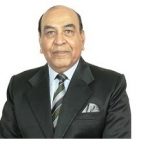

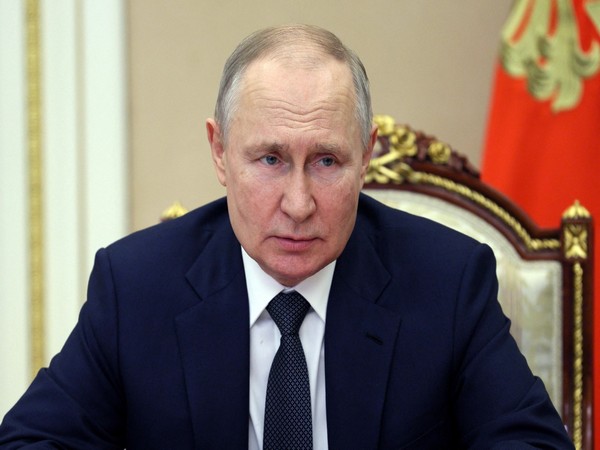
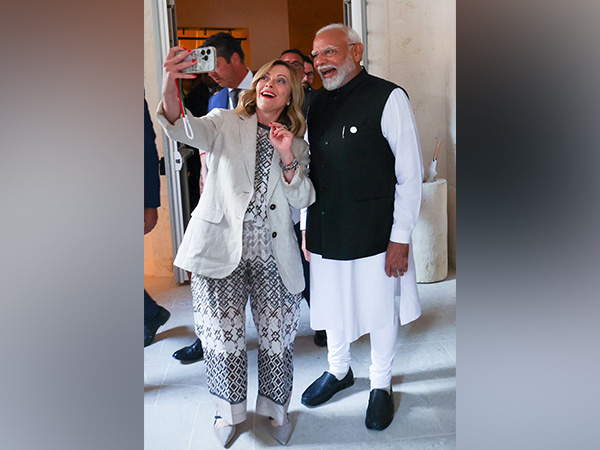
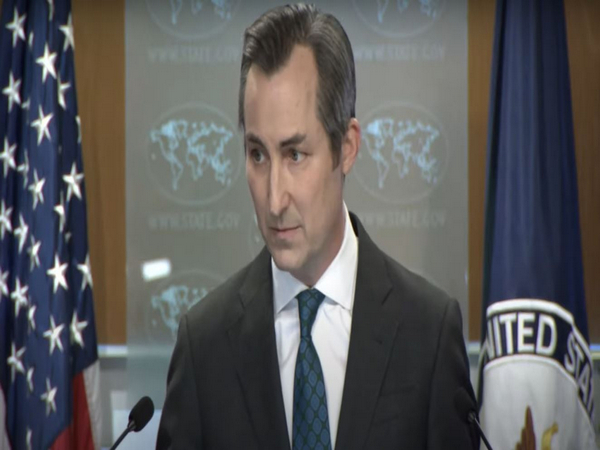
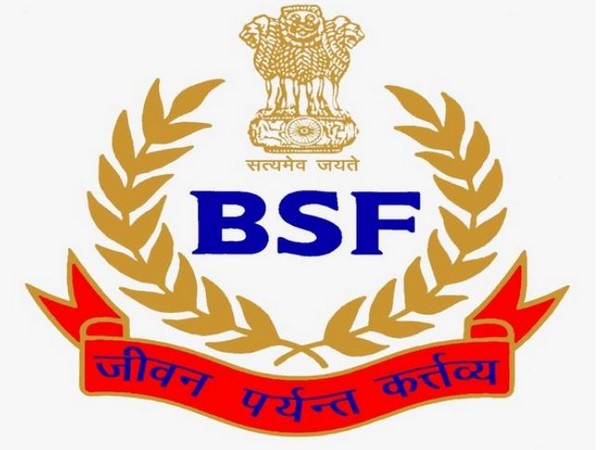
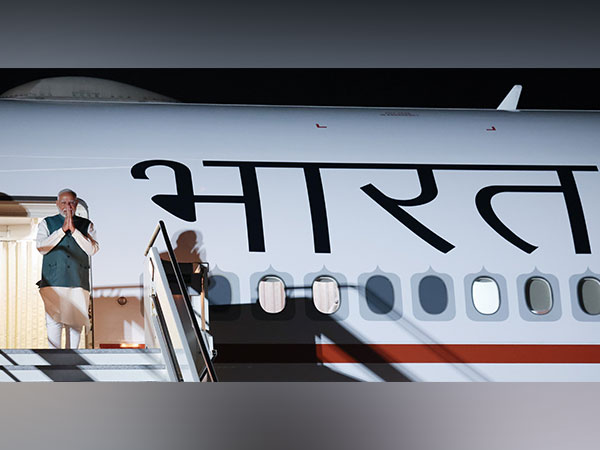
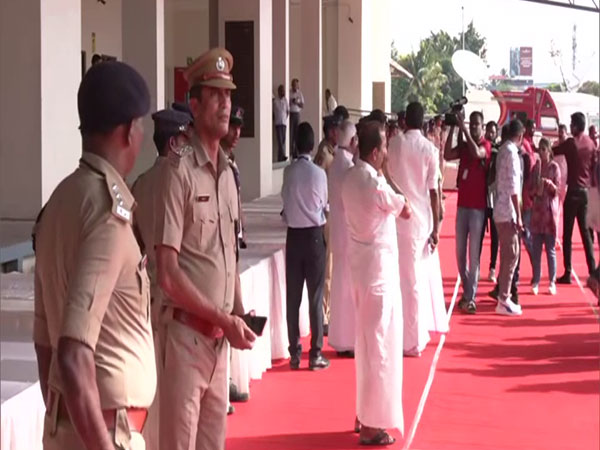
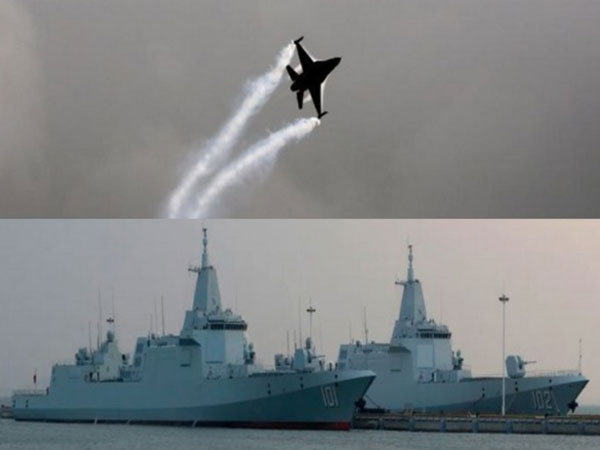
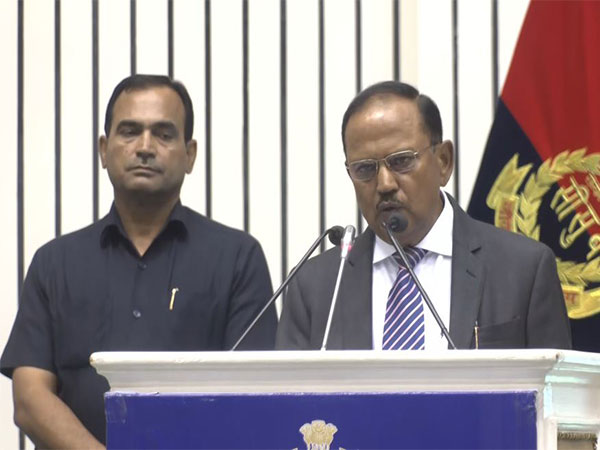
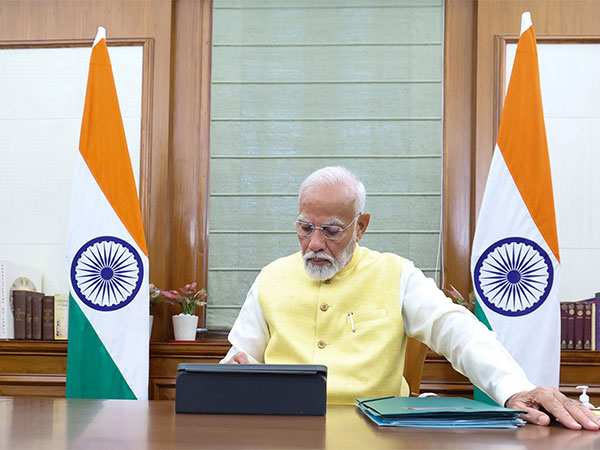






POST COMMENTS (0)